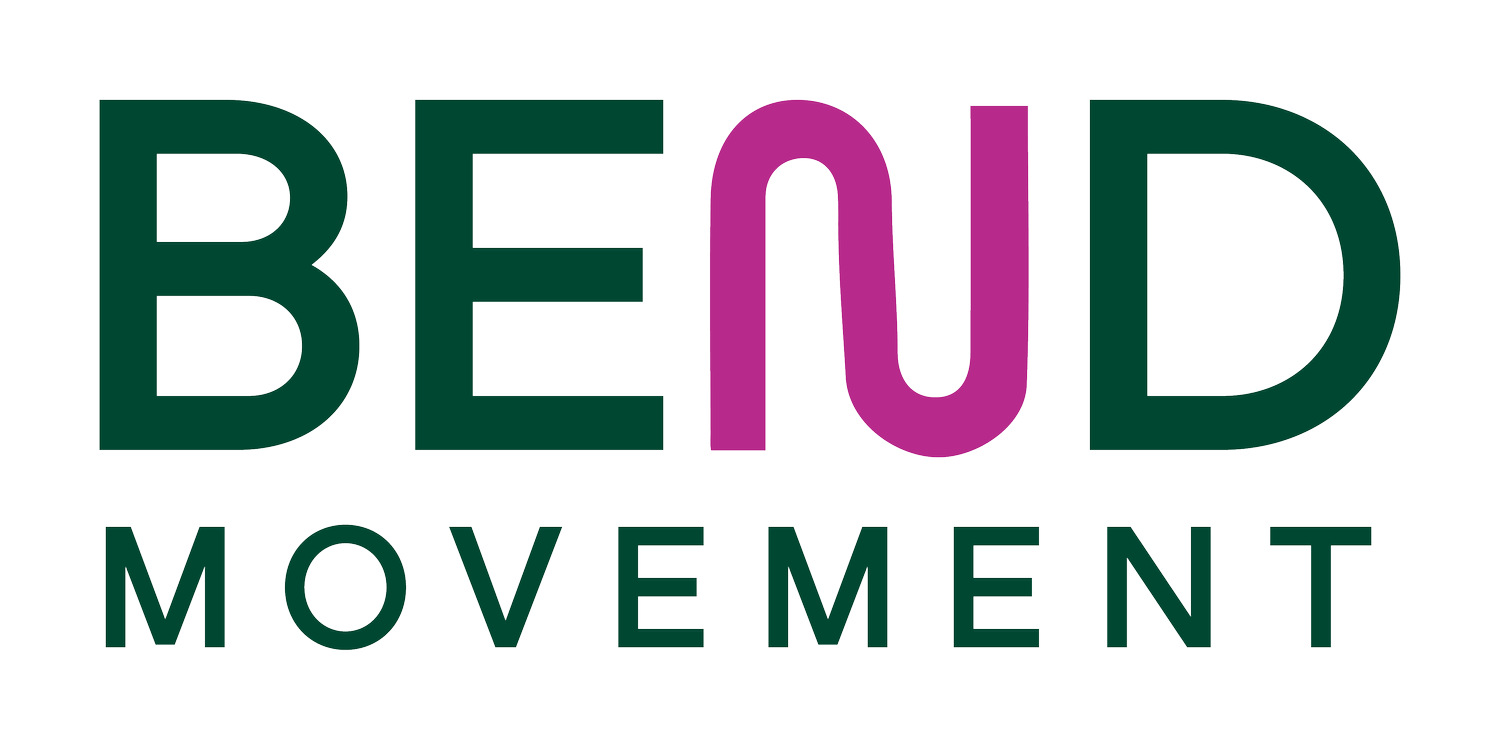Understanding Inflammation: Friend and Foe in Healing
Inflammation often gets a bad rap, but it's a crucial component of the body's healing process. When you experience an injury or infection, your body initially responds with inflammation to protect and heal the affected area. This response involves increased blood flow, immune cell activation, and the release of various healing cascades. Inflammation helps to clear out damaged cells, pathogens, and other harmful substances, setting the stage for tissue repair and recovery. However, it's essential to understand the delicate balance of this process and how to manage it effectively.
While inflammation is necessary for healing, the use of anti-inflammatory medications, such as NSAIDs (nonsteroidal anti-inflammatory drugs), can sometimes interfere with this natural process. These medications work by blocking certain chemicals involved in the inflammatory response, thereby reducing pain and swelling. However, by reducing inflammation too much, these drugs can also slow down the removal of damaged cells and delay healing. It's important to use anti-inflammatories judiciously, under the guidance of a healthcare professional, to ensure they do not impede the healing process.
Beyond medications, there are several lifestyle factors that can help modulate inflammation positively. Exercise is a powerful tool in managing inflammation. Regular, moderate physical activity can reduce chronic inflammation by improving circulation, enhancing immune function, and promoting the release of anti-inflammatory molecules. However, it's crucial to balance exercise intensity and rest to prevent overtraining, which can cause higher levels of inflammation.
Sleep is another critical factor in managing inflammation. During sleep, your body undergoes various restorative processes, including the regulation of inflammatory responses. Poor sleep quality or insufficient sleep can increase inflammatory markers and impair recovery. Prioritizing good sleep hygiene—such as maintaining a consistent sleep schedule, creating a restful environment, and avoiding stimulants before bedtime—can significantly enhance your body's ability to manage inflammation.
Nutrition also plays a vital role in modulating inflammation. A diet rich in anti-inflammatory foods, such as fruits, vegetables, whole grains, lean proteins, and healthy fats, can help reduce chronic inflammation. Foods high in antioxidants, omega-3 fatty acids, and fiber are particularly beneficial. On the other hand, limiting the intake of processed foods, sugars, and unhealthy fats can cause an exacerbation of inflammatory processes. Staying hydrated and avoiding excessive alcohol consumption also contribute to better inflammatory control.
Understanding inflammation as both a crucial healing mechanism and a potential source of chronic issues is key to managing your health effectively. By balancing the use of anti-inflammatory medications with lifestyle modifications like exercise, sleep, and nutrition, you can support your body's natural healing processes while minimizing unnecessary inflammation. This holistic approach will not only enhance your recovery from injuries but also promote overall wellness and performance.
